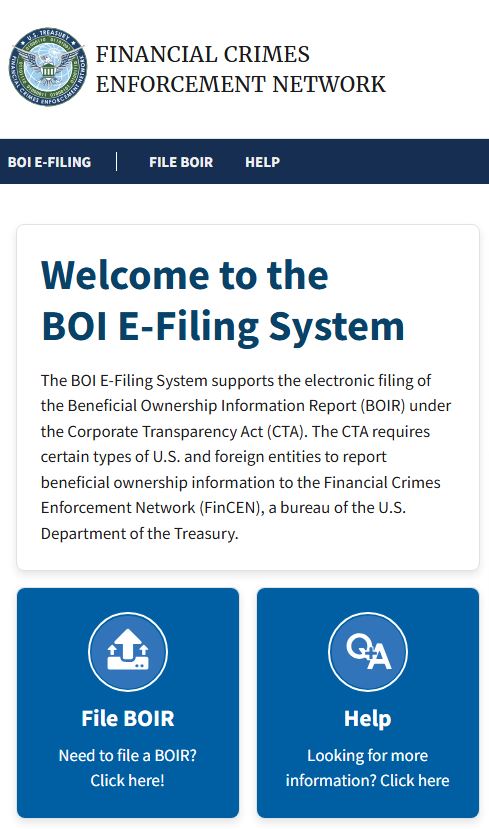The Corporate Transparency Act (CTA) is a legislative measure designed to enhance financial transparency and mitigate risks such as money laundering, terrorist financing, and other illicit financial activities. The CTA aims to close loopholes and create a fairer business environment by requiring certain entities to disclose their beneficial ownership information. However, recent legal developments have temporarily impacted compliance requirements, bringing attention to the act’s ongoing litigation and implementation.
Federal Court Decision and Its Implications
On December 3, 2024, the U.S. District Court for the Eastern District of Texas issued a preliminary injunction in the case of Texas Top Cop Shop, Inc., et al. v. Garland, et al. (No. 4:24-cv-00478). This injunction temporarily halts the enforcement of the CTA, specifically its beneficial ownership reporting requirements. Additionally, the court order stays all deadlines for compliance.
As a result, reporting companies are currently not obligated to submit beneficial ownership information (BOI) reports to the Financial Crimes Enforcement Network (FinCEN). During the injunction, these entities are also shielded from liability for non-compliance with CTA mandates.
Despite this pause, FinCEN has clarified that companies may still voluntarily submit their BOI reports. This voluntary reporting option remains available for businesses that wish to align with the CTA’s transparency goals.
Overview of the Corporate Transparency Act
The CTA mandates that certain entities provide information about their beneficial owners—individuals who own or control a business. The act is intended to increase transparency, enhance national security, and reduce the anonymity that can facilitate financial crimes.
While the CTA has garnered support for its objectives, it has also faced legal challenges questioning its constitutionality. Courts in different jurisdictions have issued varying rulings, with some upholding the law and others granting temporary injunctions. For example, district courts in Virginia and Oregon have ruled in favor of the Department of the Treasury, asserting the CTA’s alignment with constitutional principles.
Compliance During the Injunction
Currently, the federal injunction exempts businesses from mandatory BOI filing requirements nationwide. This temporary halt will remain in place until further developments, such as a decision by an appellate court or a reversal of the injunction.
In response to the ruling, the Department of Justice, representing the Department of the Treasury, has filed an appeal. While the case proceeds through the legal system, FinCEN has confirmed its compliance with the court order.
Looking Ahead
The legal proceedings surrounding the CTA highlight the evolving nature of financial regulation. As courts continue to deliberate, businesses should monitor updates to remain informed about their obligations. By staying informed and prepared, businesses can effectively manage their compliance responsibilities and contribute to efforts that promote financial integrity and transparency.

 Finance1 week ago
Finance1 week ago
 Personal Finance1 week ago
Personal Finance1 week ago
 Blog Post1 week ago
Blog Post1 week ago
 Personal Finance1 week ago
Personal Finance1 week ago
 Economics5 days ago
Economics5 days ago
 Economics1 week ago
Economics1 week ago
 Accounting5 days ago
Accounting5 days ago
 Economics1 week ago
Economics1 week ago










